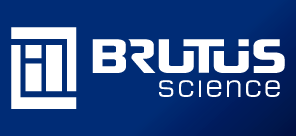
Resumo OBJECTIVES: We evaluated the effect of an alternative dental workforce program-Kansas's Extended Care Permit (ECP) program--as a function of changes in oral health. METHODS: We examined data from the 2008 to 2012 electronic medical records of children (n = 295) in a Midwestern US suburb who participated in a school-based oral health program in which preventive oral health care was delivered by ECP dental hygienists. We examined changes in oral health status as a function of sealants, caries, restorations, and treatment urgency with descriptive statistics, multivariate analysis of variance, Kruskal-Wallis test, and Pearson correlations. RESULTS: The number of encounters with the ECP dental hygienist had a statistically significant effect on changes in decay (P = .014), restorations (P = .002), and treatment urgency (P = .038). Based on Pearson correlations, as encounters increased, there was a significant decrease in decay (-0.12), increase in restorations (0.21), and decrease in treatment urgency (-0.15). CONCLUSIONS: Increasing numbers of encounters with alternative providers (ECP dental hygienists), such as with school-based oral health programs, can improve the oral health status of low-income children who would not otherwise have received oral health services.
FONTE: HTTPS://WWW.NCBI.NLM.NIH.GOV/PMC/ARTICLES/PMC4539834/?TOOL=PUBMED
